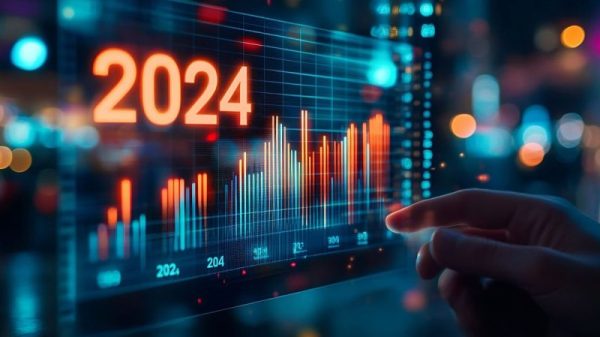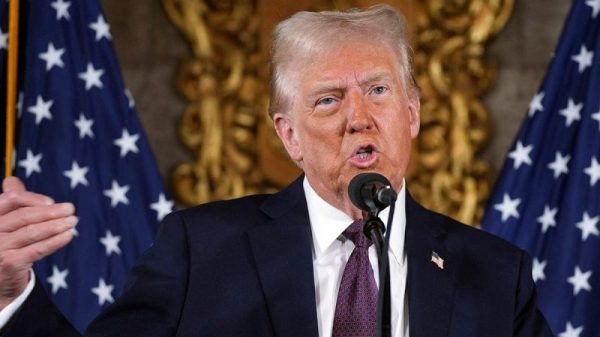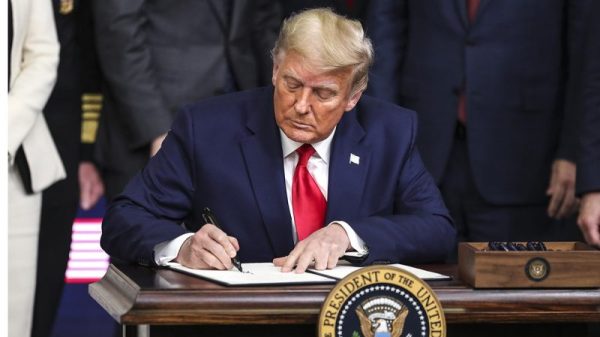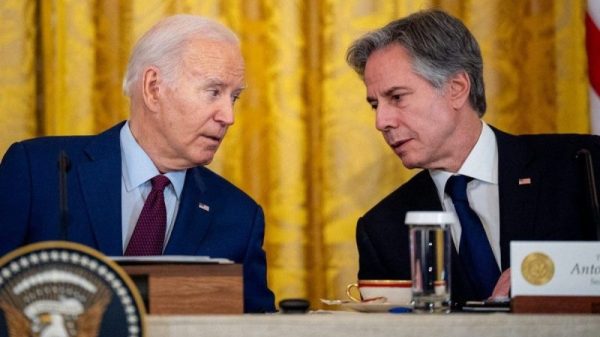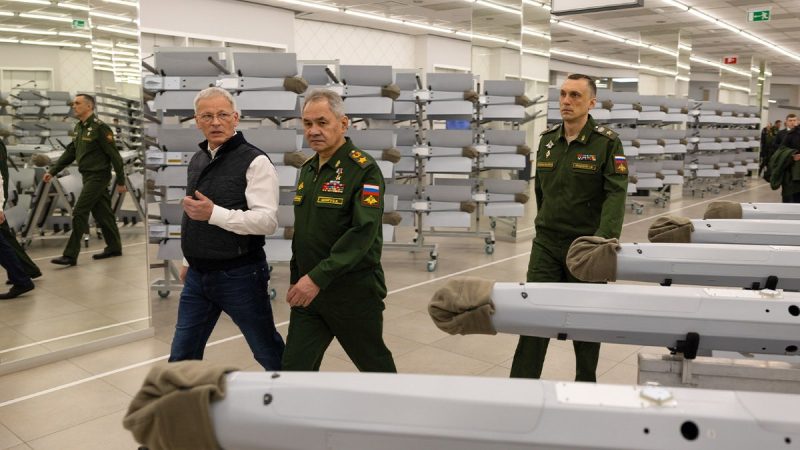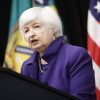Claims made this week by the head of Russia’s technology development for its Defense Ministry suggesting that Moscow is ‘ahead’ when it comes to the Artificial Intelligence (AI) race that erupted amid the war in Ukraine are being shot down by one top expert.
Speaking from a Military-Technical Forum held in Moscow this week, Gen. Vasily Elistratov, head of the Kremlin’s AI development, claimed on Wednesday that Russia is ‘ahead of our foreign partners’ despite ‘attempts to isolate us at the technical level.’
Russia’s more than two-year-long invasion of Ukraine has driven an AI race as Kyiv, Moscow and NATO nations rush to advance their AI capabilities for wartime applications.
But while the war has brought renewed focus to AI-integrated defense systems, particularly when it comes to the development of autonomous weapons systems, Russian President Vladimir Putin has long made developing AI a top priority.
In 2017, five years prior to the largest war Europe has seen since World War II, Putin declared, ‘Whoever leads in AI will rule the world,’ and by 2022, Russia had grown its AI market by 18 percent in that year alone, according to Russian Prime Minister Mikhail Mishustin.
Moscow doubled down on its AI efforts last year and allocated some $54 million of its federal 2024 budget for AI investment – though that is just a fraction of the $1.8 billion that the U.S. has allocated for AI in its 2024 and 2025 defense budgets.
Despite Moscow’s efforts, former DIA intelligence officer and author of ‘Putin’s Playbook,’ Rebekah Koffler, told Fox News Digital, ‘It is highly unlikely that Russia is ahead of the U.S. in AI development.’
Koffler explained that from the beginning, the U.S. and Russia have taken different approaches when it comes to AI, and while Washington focused its efforts of technological advancement, Moscow also focused on how it could use AI for psychological warfare.
‘When you have a cyberattack, not only can it disrupt your computer, it can also have a psychological impact on the user,’ she explained. ‘In wartime, you can disorganize forces by attacking computer [systems].’
Koffler pointed to the clear psychological impact that Russia has made on entire populations following its use of disinformation campaigns, propaganda, digital fakes and election interference – a strategy the U.S. and the West typically do not pursue.
‘The U.S. just doesn’t do that sort of thing,’ she said. ‘That’s just not how we operate.
‘In regard to Russia, it’s always been a thing – not just for foreign audiences but for domestic,’ Koffler continued. ‘With the power of AI, you can spread disinformation a lot faster.’
This could mean that Moscow may be ahead when it comes to decision-making technologies, Koffler said, though she reiterated her doubt that Russia was beating the U.S. in any aspect of AI development.
The U.S. began employing AI technologies in warfare at the tail end of its War on Terror in Afghanistan in a move to alleviate the burden that U.S. and coalition forces were under as they attempted to maintain human intelligence networks on the Taliban amid the drawdown.
From the beginning, human oversight has played a major role in how the U.S. and its Western allies approach ‘responsible’ AI employment in wartime, and it remains unclear how this specific factor could play a role in adversarial strategizing when it comes to AI on the battlefield.
But it wasn’t just the U.S. that Elistratov was likely referring to when he propped up Moscow’s AI developments compared to its ‘partners.’
China, a top ally of Russia, has been making great strides when it comes to AI development and is frequently considered the U.S.’s chief competitor in the race to develop all aspects of the burgeoning technology.
Koffler said that while Moscow is almost certainly beating allies like Iran and North Korea in the AI race, it is more likely that Russia is ‘close’ to China when it comes to AI development.



